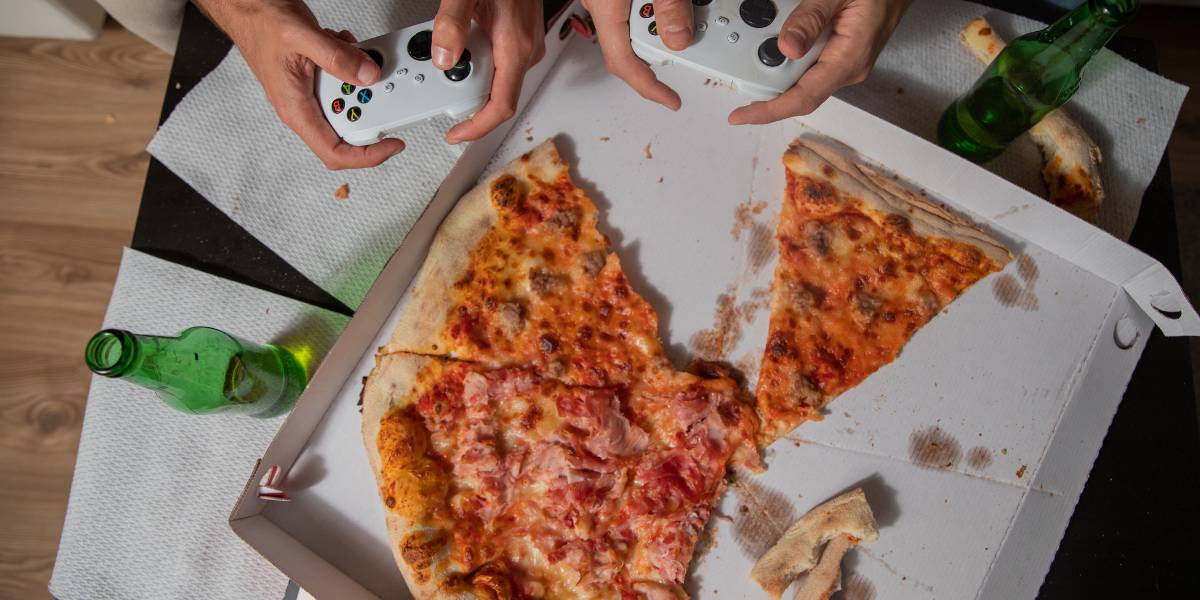Eating breakfast between 9.30am and 12pm can improve your blood sugar levels significantly more than eating it earlier, latest evidence has indicated.
Researchers have found that eating breakfast at mid-morning and midday can reduce postprandial glycaemia more than eating it early in the morning.
In addition, they have revealed that postprandial glycaemia is reduced when you walk for 20 minutes after eating breakfast at 7am or 12pm.
- Eating after 5pm can disrupt blood sugar control
- Low sugar intake during early childhood can combat chronic disease in midlife
- Low-income households reduce their sugary drinks intake due to taxes on sweetened drinks
However, no reduction was seen among the people walking after eating their breakfast at 9.30am, the study has reported.
The authors said: “When this practice is adhered to over the long-term, it is likely to result in better glucose management, reducing risks associated with poor glycaemic control, such as insulin resistance and increased cardiometabolic risks.”
A total of 14 adults from Australia took part in the investigation, all of whom had been clinically diagnosed with type 2 diabetes.
The participants were randomly put into three breakfast groups: early (7am), mid (9.30am) and delayed (12pm).
Each participant had to go for a 20-minute walk 30-60 minutes after breakfast. They also had to fill in daily questionnaires to outline their food intake and sleeping patterns.
Activity devices and continuous glucose monitors (CGMs) were used to monitor glucose and activity levels.
The results state: “Records revealed that altering breakfast timings did not significantly change participants’ total daily energy intake or eating frequency.
- Academics highlight approaches to lower blood sugar after exercise
- Weekly insulin injections as effective at controlling blood sugar as daily injections
- Low intake of sugar and starch is beneficial for people with IBS
“Data analysis revealed that breakfast timing significantly altered incremental area under the curve, with ‘mid’ and ‘delayed’ breakfast cohorts depicting reductions of 57 mmol/L×2h and 41 mmol/L×2h, respectively, compared to ‘early’ breakfast eaters.
“Mid and delayed cohorts were statistically indistinguishable from one another. Notably, 20 minutes of post-breakfast exercise was observed to slightly improve ‘early’ and ‘delayed’ incremental area under the curve outcomes but had no measurable effects on ‘mid’ breakfast consumers.”
Read the study here.







